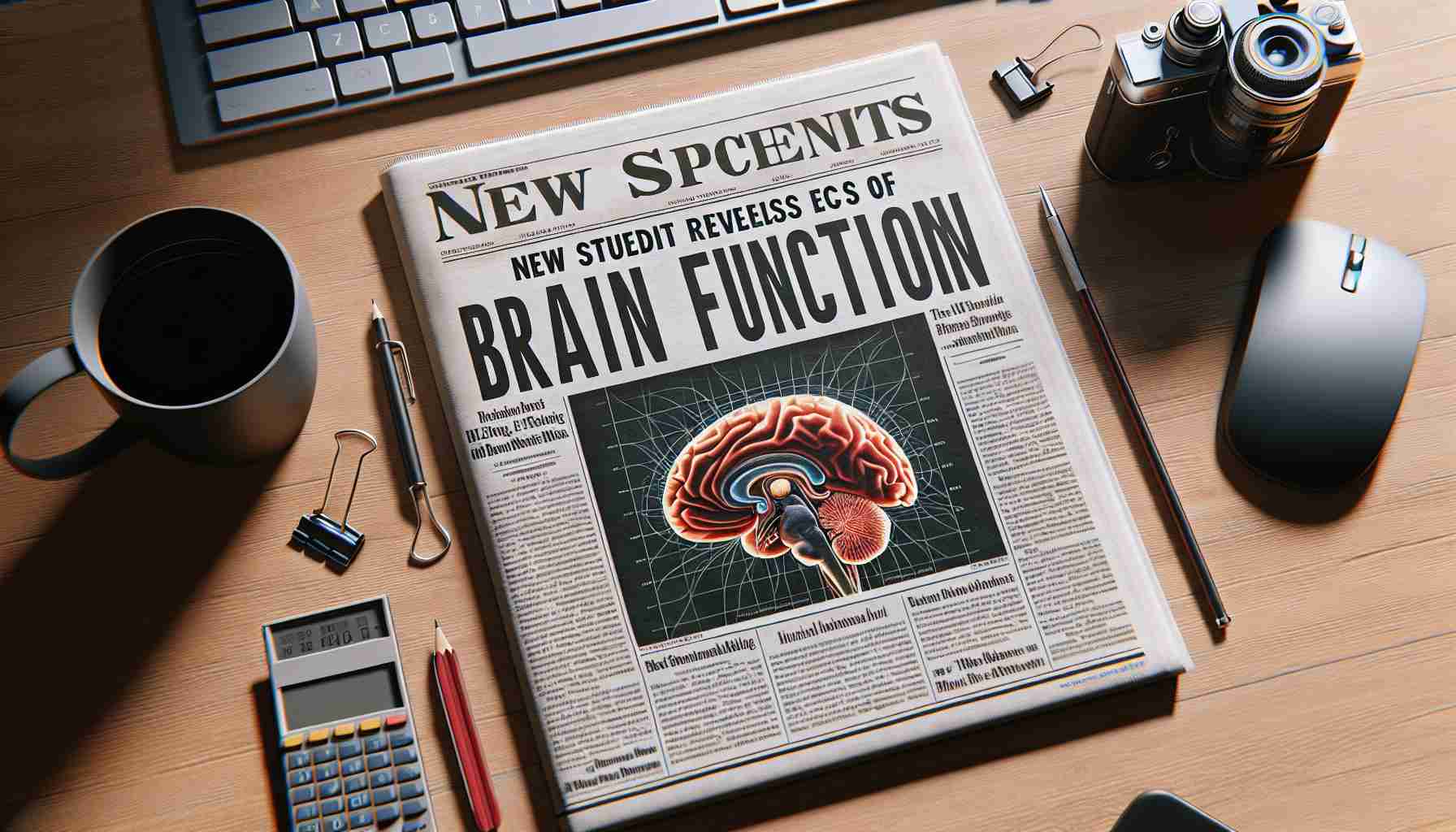Understanding Our Minds
Recent research has unveiled fascinating insights into how our brains process information. This study, conducted by a team of neuroscientists, found that the brain’s activity patterns are more complex than previously thought. It has long been established that different areas of the brain are responsible for various cognitive functions. However, this new research indicates a much more intricate interplay between these regions.
The study utilized advanced imaging technologies to monitor brain activity in real-time. Participants were exposed to different stimuli while their neural responses were carefully recorded. The findings suggest that the brain creates intricate networks that facilitate communication between regions more dynamically than ever recognized before.
One significant revelation highlighted the role of certain neural pathways in memory retrieval. The researchers noted that these pathways are not used in isolation but rather as part of a collaborative effort involving multiple brain areas. This cooperation enhances our ability to recall memories and process information swiftly.
Additionally, the implications of these findings could extend beyond academic understanding. The knowledge gained from studying how the brain operates may lead to advanced treatments for cognitive impairments. By harnessing these insights, researchers hope to develop strategies that could ultimately improve mental health and cognitive function in individuals facing challenges.
In essence, this groundbreaking study not only elevates our understanding of brain function but also paves the way for potential therapeutic advancements that could benefit many.
Unlocking the Secrets of Brain Function: New Insights for Cognitive Health
# Understanding Our Minds
Recent advancements in neuroscience have unveiled important new insights into how our brains process information, challenging long-held beliefs and opening doors for future innovations in cognitive health. A team of neuroscientists has conducted groundbreaking research that reveals more intricate patterns of brain activity, showing that our cognitive functions rely on a complex interplay between various regions of the brain.
Key Findings from Recent Research
Advanced Imaging Technologies
The research took advantage of cutting-edge imaging techniques, allowing scientists to observe real-time brain activity. By exposing participants to diverse stimuli, the study meticulously recorded neural responses, which showcased dynamic communication networks that were previously unrecognized. This method enabled researchers to map out how different brain areas work together seamlessly, enhancing our overall cognitive processing abilities.
Collaborative Neural Pathways
One of the most significant discoveries involved the role of specific neural pathways in memory retrieval. Unlike previous models that depicted these pathways as functioning in isolation, findings from this research suggest that memory retrieval involves a cooperative effort between multiple brain areas. This enhanced collaboration allows for quicker and more efficient recall of information.
Implications for Treatment and Therapeutic Advancements
The knowledge gained from understanding the brain’s operational intricacies could significantly impact the treatment of cognitive impairments. With deeper insights into brain function, researchers are optimistic about developing innovative strategies that can aid individuals facing cognitive challenges—whether due to injury, aging, or mental health conditions.
Potential Strategies for Cognitive Improvement
Potential treatments may include brain-training programs tailored to strengthen underactive neural pathways, pharmacological solutions aimed at facilitating inter-region communication, and advanced behavioral therapies designed to enhance memory retrieval skills. By applying these insights, practitioners could offer more targeted and effective interventions for improving mental health and cognitive function.
Trends and Future Directions
As neuroscience continues to evolve, we can expect to see a growing emphasis on personalized medicine for cognitive health. The understanding of brain connectivity is set to become a crucial element in crafting individualized treatment plans, leading to improved outcomes for those experiencing cognitive deficits.
Essential Features of the Study
1. Real-time Brain Monitoring: Use of advanced imaging technologies.
2. Dynamic Communication: Insight into the collaborative nature of memory retrieval.
3. Implications for Cognitive Health: Potential for developing innovative treatments.
Conclusion
This groundbreaking research significantly advances our knowledge of how the brain operates, emphasizing the complexity of its networks and their implications for mental health. As we continue to unravel the intricacies of brain function, we can anticipate exciting developments in therapeutic strategies to bolster cognitive abilities and improve the quality of life for countless individuals.
For more insights on brain function and mental health, visit the Neuroscience Society.
